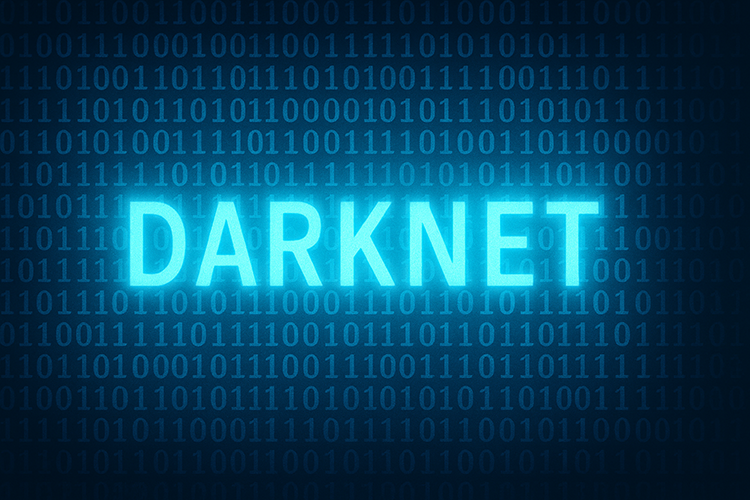2025-05-27
indicators

More than half of the users who activated the new darknet monitoring feature offered by BIK (Credit Information Bureau) have found their personal data exposed on the darknet. The service, introduced as part of BIK Alerts, helps users detect whether their sensitive information has appeared on criminal marketplaces and provides immediate alerts and guidance in case of a data breach. Concern over personal data security remains high in Poland. According to recent surveys, 84% of respondents are worried about data leaks. With information such as PESEL numbers, login credentials, email addresses, phone numbers, and even credit card details increasingly targeted by cybercriminals, awareness of the risk is growing. Around one-third of Poles have already encountered a personal data breach. Nearly 70% fear their data could be used for fraudulent loans, and over half worry it could be used for blackmail. Personal information can be compromised through security breaches in institutions like schools, medical labs, online retailers, telecom providers, and social media platforms. Once leaked, this data may end up on the darknet, a hidden part of the internet where it is sold or traded by criminal networks. The anonymous nature of the darknet makes prosecution challenging and access risky even for regular users. To address this growing threat, BIK introduced a new feature in April as part of its BIK Alerts service. The tool actively monitors the darknet for traces of users’ personal data and notifies them immediately via SMS if a breach is detected. After receiving the alert, users can log into their bik.pl account to view details of the incident and obtain recommendations on how to respond. The service has already proven valuable, with more than 50% of its users receiving alerts about their data being found on the darknet. A large majority—80% of surveyed users—described the service as very useful. The annual subscription, which includes all features of BIK Alerts, costs PLN 48. Data compromised in leaks can be used for various criminal activities, such as social media account takeovers, identity theft, and financial fraud. Methods of exploitation include phishing, fake investment schemes, and impersonation of institutions. According to survey results, 41% of people have encountered phishing attempts, 40% have been targeted through scams involving BLIK payments or impersonation of friends on social media, and 37% have experienced fraud attempts from criminals posing as bank employees. Joanna Charlińska, a BIK expert, warns against assuming that protecting only one’s PESEL number is sufficient. Cybercriminals can use a variety of data points—bank details, scanned documents, email addresses, and phone numbers—to carry out attacks. She emphasises the importance of proactive monitoring and using services like BIK Alerts to reduce the risk of falling victim to such threats. Andrzej Karpiński, Head of Security at the BIK Group, explains that navigating the darknet comes with its own risks. Simply accessing these networks can draw attention from cybercriminals. Therefore, relying on a trusted tool that monitors data exposure in this environment is a safer alternative. As cyber threats evolve and personal data continues to be a key target, tools that provide early warning and concrete guidance are becoming increasingly essential. The integration of darknet monitoring into BIK Alerts reflects a growing demand for more comprehensive protection in an increasingly digital society.

